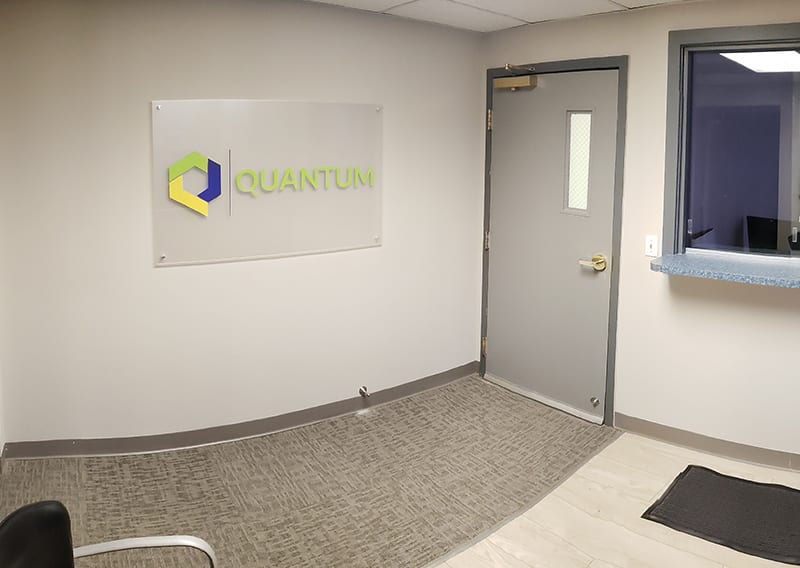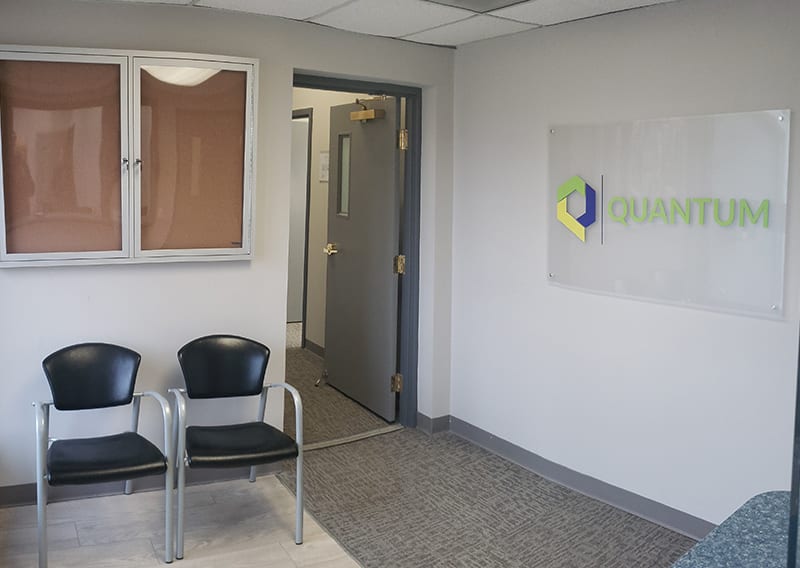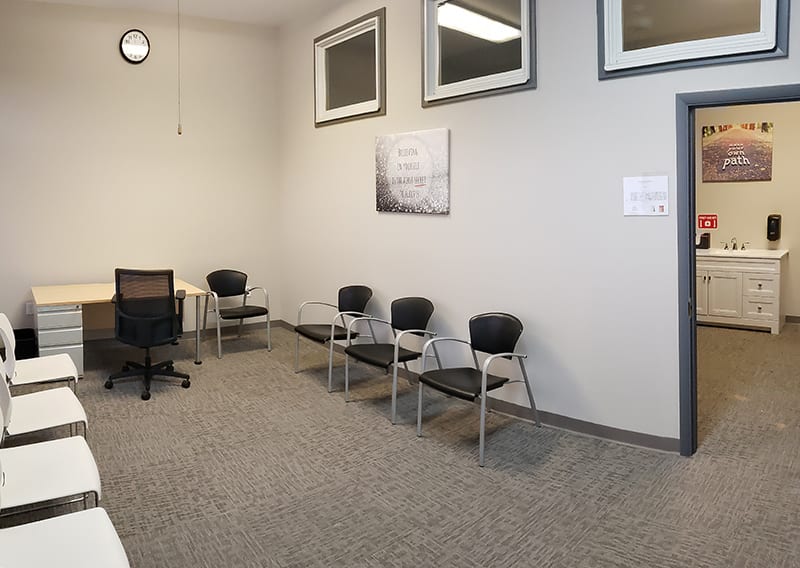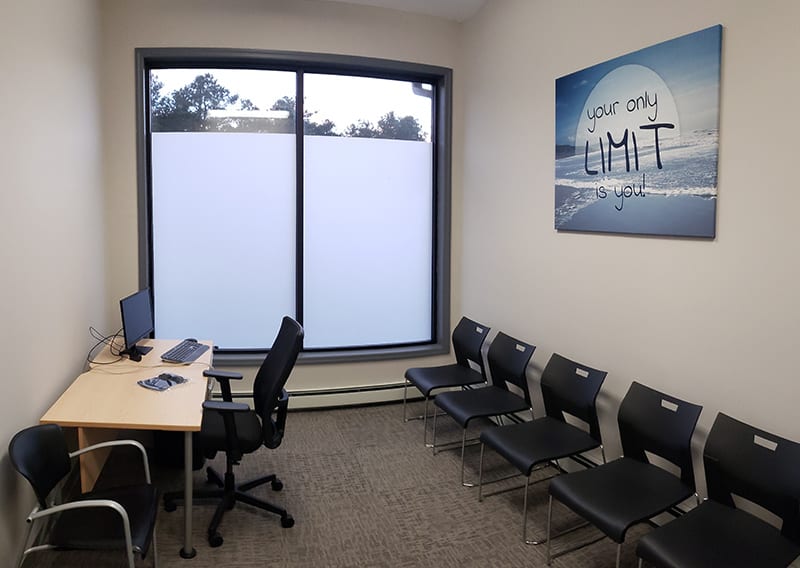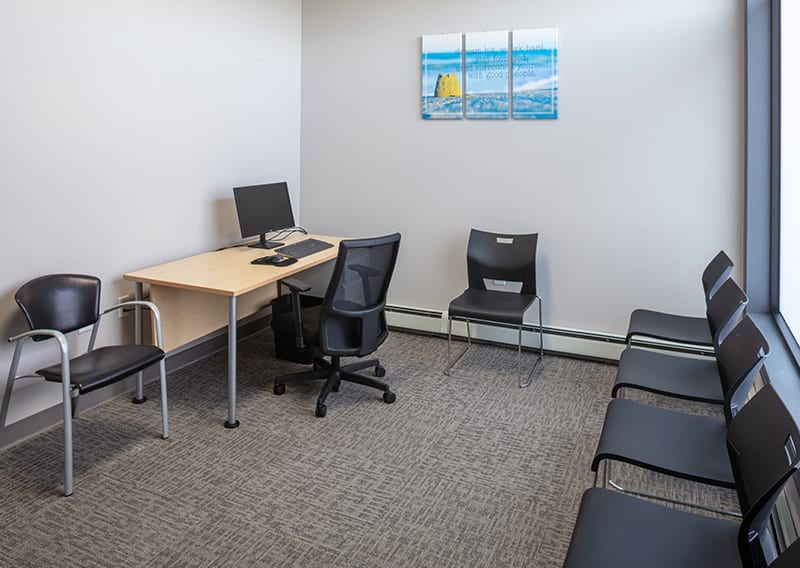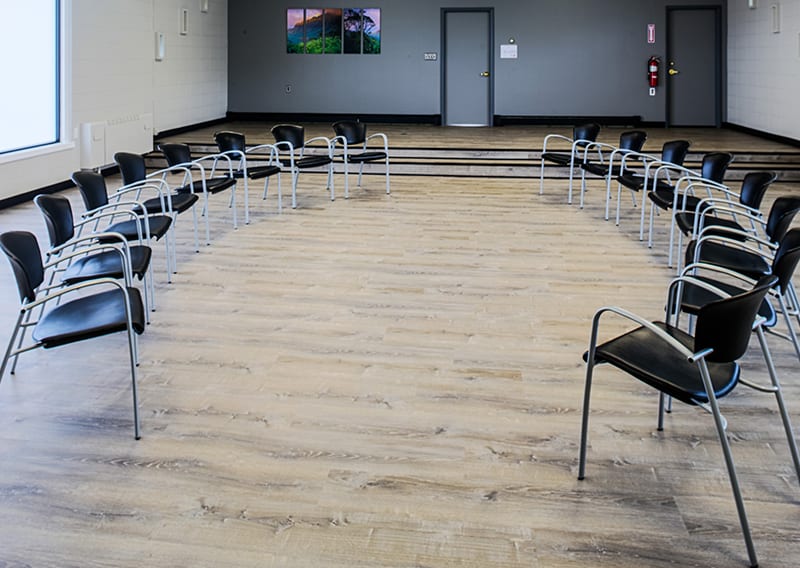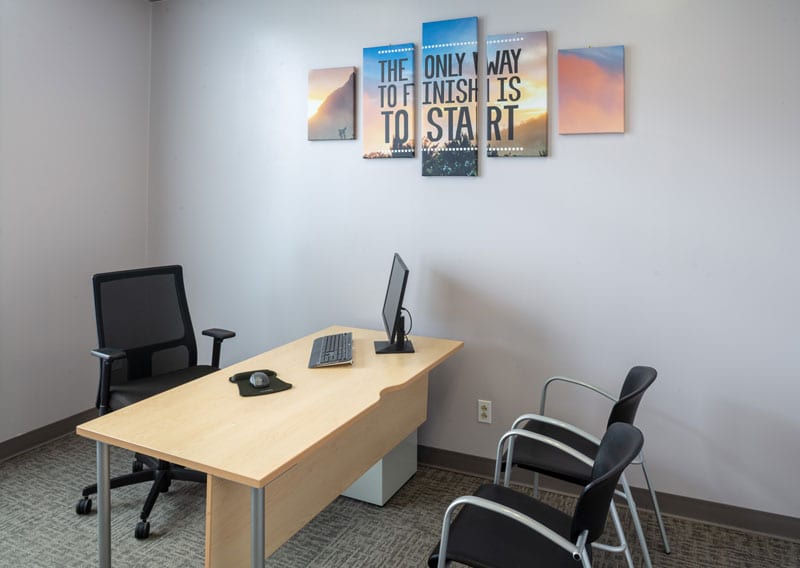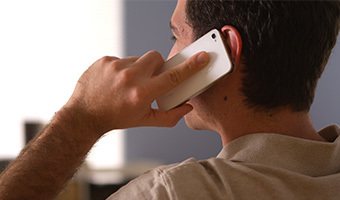Photo Gallery
Click photos to enlarge
Are You Ready to Begin Your Journey to Recovery?
You could be completely covered. Verify Your Insurance Today.
The Quantum
Process Outpatient Rehab NJ
1. Make the Call
Contact our Quantum Team at
(609) 993 – 0733 to get started.
2. Complete
Your Intake
This streamlined process includes a series of questions and discussion of your unique needs and goals.
3. Get the Best Care Team Possible
After your intake, you’ll meet your Care Team, a group of amazing professionals dedicated to helping you make recovery reality.
4. On-Going Support
After you meet your Care Team, you’ll start to receive treatment based on a Care Plan that’s designed to help you achieve and sustain your recovery.
What Is RX Rehab Like?
While prescription drugs are used to help treat a variety of conditions, when misused, RX medications can have unintended consequences. Prescription drug misuse is when someone takes a medication in an alternative way than how it was prescribed, including increasing dosage, taking another person’s RX medications, or using the prescription to get high. According to the American Addiction Centers, there were more than 16 million Americans aged 12 and older who misused prescription meds in 2020. Common RX drugs that are misused include:
- Opioids
- CNS depressants
- Stimulants
If you or a loved one struggles with an addiction to prescription medication, consider seeking help from a professional addiction rehab facility, like Quantum Behavioral Health.
There are two common forms of RX rehab: inpatient treatment/residential treatment or outpatient services. The specific type of treatment you choose will depend on a few factors including the severity of your drug addiction, family history, and type of drug addiction.
Inpatient or residential treatment requires individuals to check themselves into a controlled environment, such as a rehab facility. Here, patients receive 24-hour medical and emotional support to help them work through their addiction. Outpatient rehab, on the other hand, is less restrictive and requires patients to attend treatment at least 10 hours a week.
No matter which addiction treatment option you choose, you’ll have access to medical professionals, including educators and counselors. Each treatment option offers a variety of treatments that include cognitive behavioral therapy, dialectical behavioral therapy, individual therapy, group therapy, trauma-informed therapy, family systems therapy, and more.
What To Expect During RX Rehab
What to expect during RX rehab depends on the type of treatment you choose. Regardless, patients can focus wholly on getting sober without the distractions of everyday living.
The first step of any RX rehab program is to go through detoxification or detox. Detox occurs when the body gets rid of a substance, like RX drugs. Typically, detox comes with symptoms of withdrawal, which can be highly uncomfortable for individuals experiencing it. Many addiction treatment centers will use medically-assisted treatment to help alleviate the discomfort from withdrawal. Common drug withdrawal symptoms may include:
- Mood changes, such as mood swings, anxiety, depression, and agitation
- Body changes like flu-like symptoms, shaking, nausea, vomiting, and headaches
- Cravings for the drug you’re trying to quit
Typically, there are three stages to detoxing: evaluation, stabilization, and long-term substance abuse treatment. During the evaluation, clinical professionals will get a medical history and assess your acute intoxication and withdrawal potential, biomedical conditions, and more. From this evaluation, addiction professionals can create an individualized detoxification treatment plan.
Stabilization is the stage where medically-assisted treatment is utilized to help foster a safe withdrawal experience. Next comes long-term treatment and relapse prevention, such as inpatient rehab, outpatient treatment, or an intensive outpatient program.
Inpatient and residential drug rehab programs are often very structured. Most mornings will include a healthy breakfast and early meetings or classes, such as yoga or guided meditation. Oftentimes, a group therapy session follows breakfast and focuses on the treatment process, a 12-step program, addiction, and recovery. With midday comes lunch and afterward, more therapy sessions. These can include individual behavioral therapy, group therapy, family therapy, and specialized sessions. Some facilities may offer alternative forms of therapy such as art therapy, music therapy, biofeedback, neurofeedback, equine therapy, and more. Afterward, patients receive a window of free time to spend how they choose. Activities like pool, ping pong, basketball, soccer, and volleyball may be offered. By the evening, it’s dinner time, followed by a 12-step program.
Outpatient treatment allows patients to continue living at home while still receiving addiction treatment for RX substance abuse. Intensive outpatient programs are delivered on weekends and before or after work so you can continue tasks of daily living and receive addiction treatment.
How Long Does RX Rehab Last in Edison?
The length of substance abuse treatment will depend on the level of care you require, as well as the cost of treatment and what your insurance plan covers. Common lengths of stay for substance abuse treatment include:
- 30-day rehab programs
- 60-day rehab programs
- 90-day rehab programs
- 6-month, 1-year, and 2-year rehab programs
- Extended stay programs like sober living homes
Research shows that the longer the treatment program, the better the outcome. Studies show that most individuals with addiction require at least three months of treatment to achieve sober living.
If you’re interested in an effective and short-term treatment option, a 30-day rehab program may be right for you. This treatment program provides enough time to fully go through any physical symptoms of detox and withdrawal. Plus, you’ll come up with an aftercare plan. The biggest benefit to a 30-day rehab program is that it’s offered at a lower cost, so many insurance companies will typically cover this type of treatment.
A 60-day program has the benefit of added time in treatment. During this type of program, you’ll fully detox from the drug you’re dependent on, as well as participate in a variety of therapy sessions and groups to work out any familial, behavioral, or situational circumstances that may contribute to your RX addiction. A 60-day program will give you more time to practice positive and healthy habits to maintain a sober living. The downfall is your insurance company may not cover the full length of treatment. However, most rehab facilities offer payment plans that allow you to pay as you go.
A 90-day rehab program takes you through detox, therapy, and self-help groups. The perk of a 90-day treatment program is it allows more time to adjust to life without drugs or alcohol. Here, you’ll be able to strengthen your relapse prevention skills and create an aftercare plan. Oftentimes, this length of treatment is recommended for individuals with a severe or long-term addiction.
If after 90 days you feel like you would benefit from extended care, there are sober living homes and other residency options available. A sober living house is an affordable drug and alcohol-free home where you can rely on peer support to maintain sobriety. This is a great option for patients who want assistance transitioning into the world.
Top Abused Prescription Drugs
From having more fun to losing weight to fitting into increasing focus, there are many reasons why people abuse RX medications. Plus, prescription drugs are often easier to obtain than illegal drugs such as cocaine, heroin, and other illicit substances. The top abused prescription medications can be organized into four categories: depressants, opioids, stimulants, and other compounds. According to the National Institute on Drug Abuse (NIDA), these are the top abused drugs in each category in the U.S.
Most depressants cause sedation and drowsiness in users, as well as reduced anxiety and feelings of well-being. Below are the most commonly abused depressants in the U.S.:
- Barbiturates, such as Amytal, Nembutal, Seconal, and Phenobarbital
- Benzodiazepines like Ativan, Halcion, Librium, Valium, Xanax, and Klonopin
- Sleep medications, such as Ambien, Sonata, and Lunesta
Opioids are typically prescribed to help alleviate chronic or severe pain. When misused, these types of RX drugs can cause pain relief and feelings of euphoria. These are the top abused opioids in the U.S.:
- Codeine, Empirin with Codeine, Fiorinal with Codeine, Robitussin A-C, Tylenol with Codeine
- Morphine, Roxanol, and Duramorph
- Methadone, Methadose, and Dolophine
- Fentanyl and analogs, Actiq, Duragesic, Sublimaze
- Oxycodone, Oxycontin, and Percocet
- Hydrocodone Bitartrate Hydromorphone, Vicodin, Lortab, and Lorcet
- Oxymorphone and Dilaudid
Stimulants often cause feelings of exhilaration, increased energy, and mental alertness in users. These are the top stimulants that are abused in the U.S.:
- Amphetamines like Biphetamine, Dexedrine, and Adderall
- Methylphenidates, such as Concerta and Ritalin
Lastly, other compounds are popular for achieving feelings of euphoria. The top drug abused in this category in the U.S. is Dextromethorphan.
Why Choose Quantum Behavioral Health for RX Rehab
Addiction is personal and everyone’s journey to recovery is different. That’s why Quantum Behavioral Health specializes in custom care plans for each patient that checks in. Here, you’ll be offered the support and resources you need to learn to live a life without drugs or alcohol. While every care plan is different, both inpatient and outpatient treatments at Quantum Behavioral Health include:
- Group therapy, individual therapy, and family therapy
- Gender-specific group therapy
- Didactic and psychoeducational lectures
- Relapse prevention planning
- Cognitive behavioral therapy
- Rational emotive behavior therapy
- Trauma-focused therapy
- 12-step facilitation
- SMART recovery programs
- Motivational interviewing
- Medication management
- Music therapy
- Holistic therapy
- Eye movement desensitization and reprocessing (EMDR)
Rehab treatment at Quantum Behavioral Health gives you the time you need to achieve sobriety in a safe and comfortable environment. Without distractions or everyday triggers, you can focus on your wellness journey and receive help from doctors, nurses, and other care providers who are there to help you meet your goals. With a holistic approach to healing, you can heal your mind, body, and spirit at Quantum Behavioral Health.

